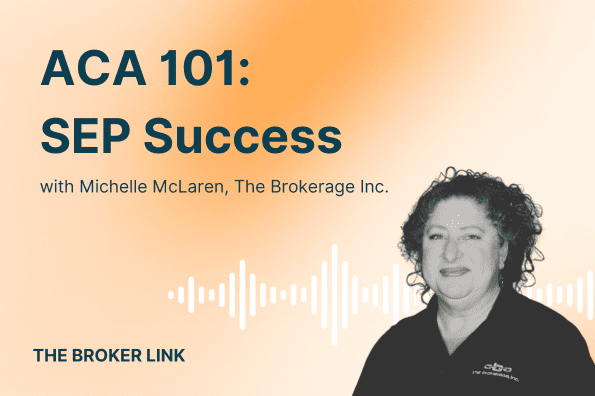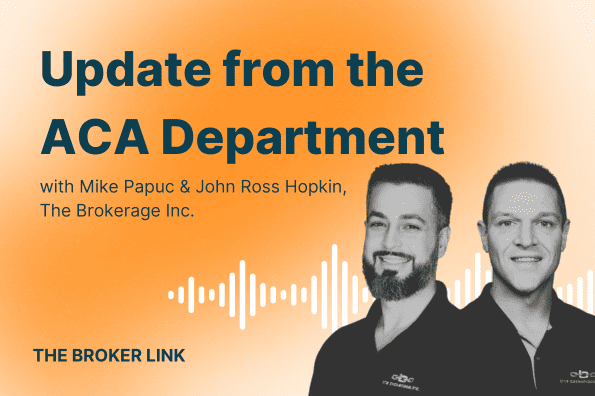Episode Summary
This podcast episode provides an in-depth look at Individual Coverage Health Reimbursement Arrangements (ICRAs), an innovative new option for employer-sponsored health benefits. Guest expert Kyle Estep from Take Command Health explains how ICRAs give employers more predictability and flexibility while empowering employees with more choices when it comes to their healthcare coverage.
The conversation begins with an overview of the key differences between ICRAs and traditional group health plans. ICRAs allow reimbursement for any individual health insurance plan, including exchange plans or Medicare. There are no annual dollar limits on how much can be reimbursed through an ICRA. This gives employees the ability to find a plan that truly fits their needs and take any unused reimbursement with them if they leave their jobs.
In contrast to qualified small employer HRAs (QSEHRAs), ICRAs offer much more flexibility in plan design. Employers can create different reimbursement classes based on factors like employee type, office location, family size, or age. This allows them to optimize spending on benefits across their workforce. Kyle shares real-world examples of how employers are utilizing these custom classes for things like providing higher reimbursements for employees with families or those located in areas with expensive insurance premiums.
When transitioning to an ICRA program, Kyle emphasizes the importance of thoughtful preparation and choosing an experienced third-party administrator. Companies must communicate changes, coordinate ICRA funds with premium tax credits, and ensure reimbursement requests are properly substantiated. While operational challenges exist, early adopters have achieved high participation rates and positive feedback by handling the transition carefully.
To demonstrate successful implementations, Kyle presents two case studies. An accounting firm transitioned from a group plan to ICRAs while maintaining strong benefits and saving over $100K. A digital marketing agency also implemented ICRAs as a more cost-effective approach, achieving over 80% participation.
In closing, Kyle notes that while ICRAs are still an emerging option, they offer great potential as an alternative to traditional group coverage. By providing the cost control and simplicity employers want alongside the individual choice employees demand, ICRAs are well-positioned to play a major role in the future of employer-sponsored health insurance.
Timestamps
(0:00:05) - The Broker Link podcast is where agents go to grow their insurance business
(0:01:15) - Has the cost of employer-sponsored health insurance reached a critical point
(0:03:38) - Rising unemployment is expected to significantly alter the health insurance coverage landscape
(0:07:41) - Kyle Estep: Thanks for taking time to talk with us today
(0:09:13) - We'll discuss ICRA health reimbursement arrangements in a webinar today
(0:10:46) - ICRA lets employees choose their health insurance
(0:16:17) - Ichra is a qualified small employer health reimbursement arrangement
(0:20:41) - How does qualified small employer HRA work with premium tax credits
(0:24:05) - One of the interesting things about ICRA is the flexibility it offers
(0:27:58) - You can either do premiums only or premiums plus medical expenses
(0:32:51) - It's important employers and employees understand what is eligible and what is not
(0:35:18) - Minnesota is better positioned to adopt ICRA faster than Iowa, Max says
(0:40:23) - What is ICRA that stands out to an employer against this backdrop
(0:43:02) - 70% of Texas businesses with less than 50 employees do not offer benefits
(0:47:12) - ICRA can be a way to satisfy employer mandates for employee benefits
(0:49:32) - Small businesses moving away from traditional group health plans can benefit from ICRA
(0:58:20) - Take Command Health moved from a traditional group plan to the ICRA model





